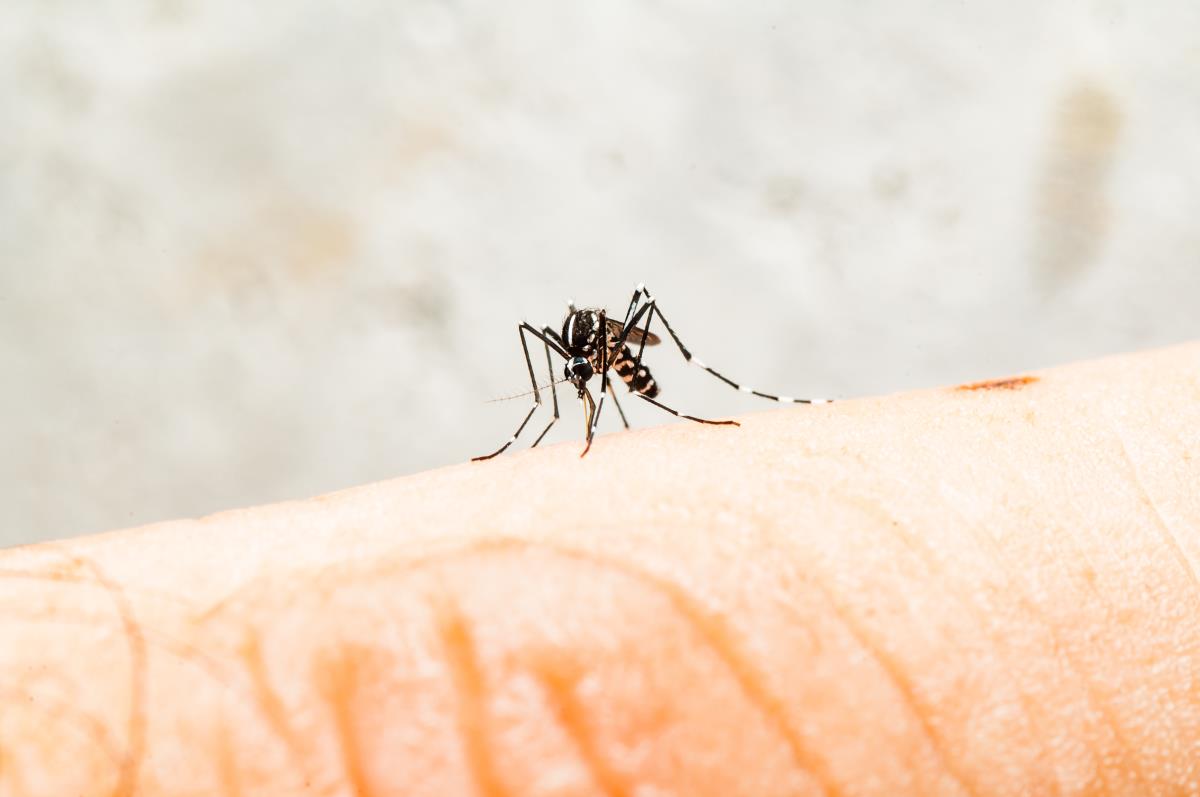
According to an analysis by Americans for Tax Fairness and the Institute for Policy Studies, the combined wealth of American billionaires increased 19-fold between 1990 and April 2021. They had $240 billion in today’s dollars in 1990, but that has since grown to $4.56 trillion in 2021.
A large portion of this came during the COVID-19 pandemic. Here, between March 18, 2020, and April 12, 2021, their collective wealth leaped by $1.62 trillion, or 55 percent, from $2.95 trillion at the start of the pandemic to $4.56 trillion.
U.S. billionaires now hold more wealth than the rest of America
According to Federal Reserve Board data, the $4.56 trillion that America's 719 billionaires now hold is over four times more wealth than held by the roughly 165 million Americans in society's bottom half. The latter amounts to only about $1.01 trillion.
But this situation was reversed back in 1990. Back then, billionaires were only worth around $240 billion and the bottom 50 percent had $380 billion in combined wealth.
These pandemic-era gains come amid 13 months of hardship from the ongoing COVID-19 pandemic. During that time, 30 million Americans caught COVID-19 and 560,000 died. At the same time, 77 million lost their jobs as cities and states locked down and enforced various mandates in an effort to slow the spread of the disease.
Yet as Americans suffered, some of the richest of the rich got richer. As of April 12, America had six "centi-billionaires." These are individuals worth at least $100 billion. This is bigger than the economies of 13 of the country's states.
These "centi-billionaires" include Amazon's Jeff Bezos, who has a net worth of almost $200 billion; Tesla and SpaceX founder Elon Musk, whose net worth went up during the pandemic by 599 percent to $172 billion; Microsoft founder Bill Gates, who is worth $120 billion; and Facebook CEO Mark Zuckerberg, whose fortune doubled to $113.5 billion in these 13 months.
Billionaires got richer while the poor got poorer
The billionaires on the list have grown wealthier through a combination of several trends. First, the stock market has reached record heights due to expectations of a strong rebound by the economy in 2021. Most of the billionaires on the list often take their pay in stock, rather than wages. As such, when the market goes up, their wealth rises.
In addition, some businesses have profited as people switched their behaviors during the pandemic. This includes a switch to primarily online purchases, something which has benefited Bezos' Amazon.com.
At the same time, poverty has also increased due to hardship created by the COVID-19 pandemic. According to a recent study by financial services firm TransUnion, four in 10 people in the U.S. say that their household income remains impacted by the crisis. Also, for those who say that their income has been affected by the crisis, only eight percent say that their finances have fully recovered. (Related: Pandemic widens gap between rich and poor, analysis shows.)
This increase in wealth -- even as poverty rates continue to soar -- has caused some quarters to call for a "wealth tax," an additional tax that would be added on top of regular income and capital gains taxes.
But some experts say that a wealth tax could hurt growth prospects for lower-income people instead of helping them. In addition, it could also incentivize the ultra-wealthy to hide or off-shore their income in an effort to reduce the basis for taxing their wealth.
"A wealth tax would have a negative impact on the economy," stated Tax Foundation economist Erica York in a March blog post. "It would reduce national income, discourage saving and encourage consumption."
York also pointed to the experiences of other nations, such as Austria, Denmark, Germany, Finland, Iceland, Luxemburg, Ireland and Sweden, that chose to repeal their wealth taxes in the last 30 years.
Follow Pandemic.news for more on how the COVID-19 pandemic has affected people's fortunes.
Sources include:
Inequality.org[PDF]
Please contact us for more information.























